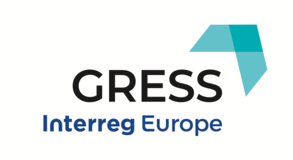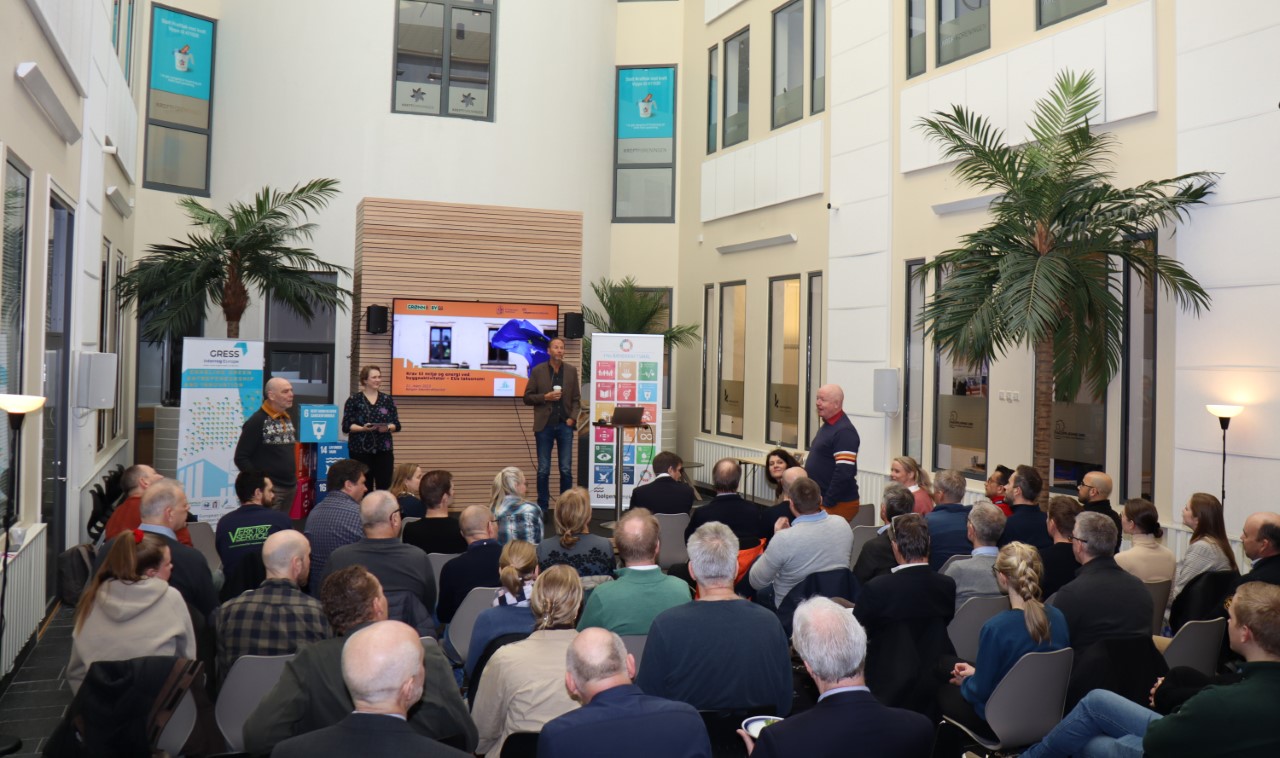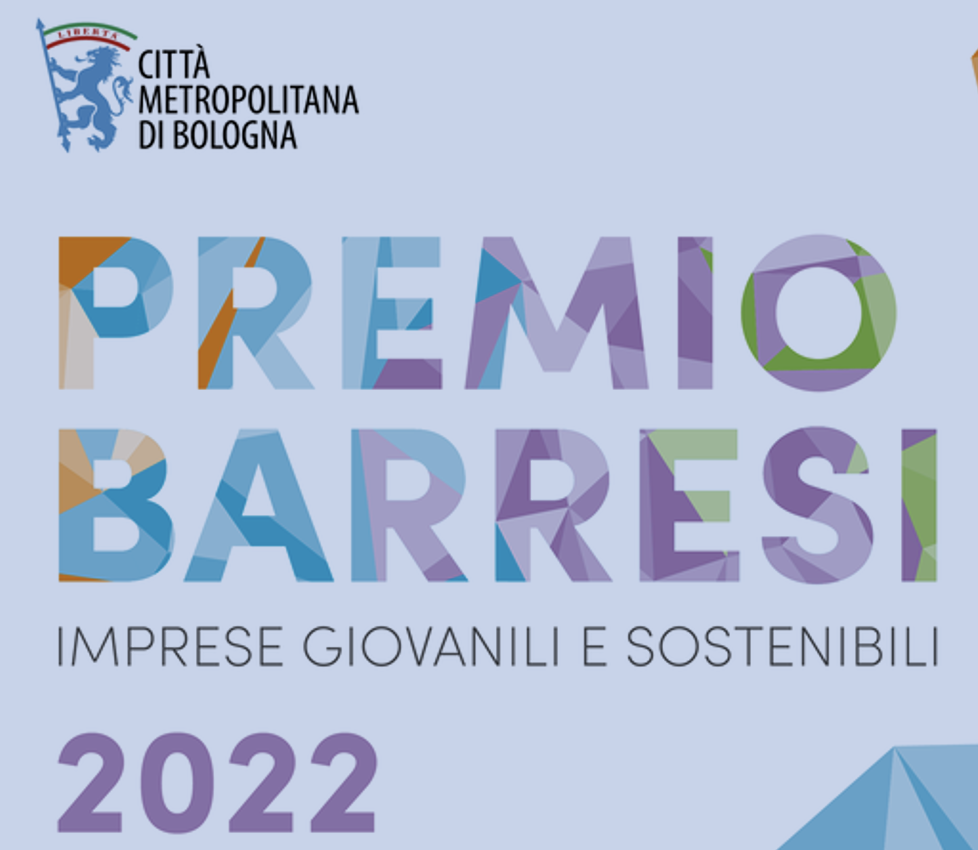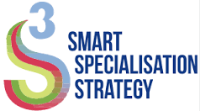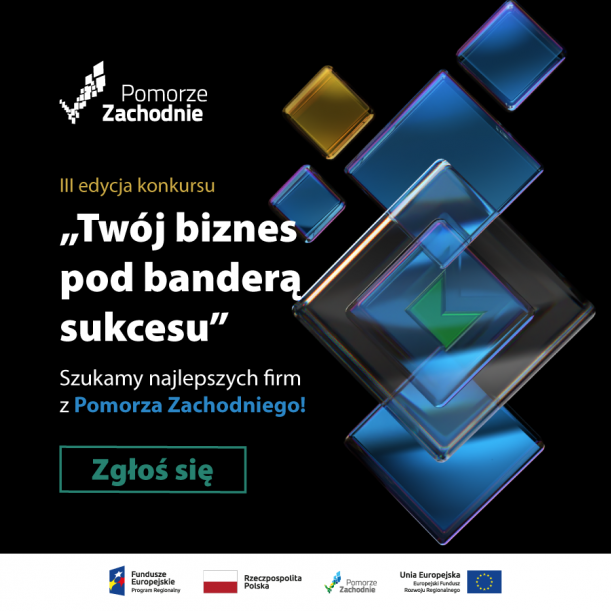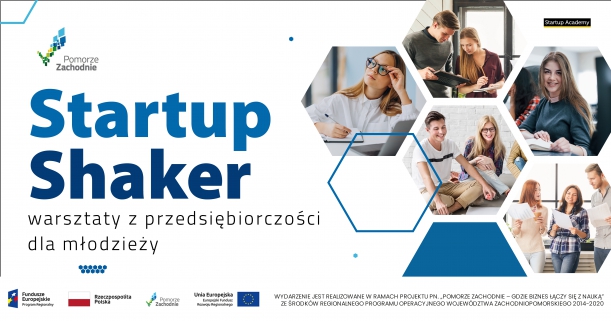The second Regional Stakeholder Group meeting of the GRESS project took place in Bologna on 20th January 2020 and involved 17 representatives of a wide variety of institutions and organizations working in the Green Economy sector; i.e., public institutions, the regional Green Economy Observatory, a local energy agency, associations of cooperatives, a private company, an environmental association, the Bologna university Green Office and a bank. The goal of the meeting was to present the key objectives of the project and to activate the stakeholders' participation for the upcoming project’s activities, especially as concerns the analysis of the actual context of the Green Economy in the region.
An interesting insight was brought up by the representative of the regional Green Economy observatory, who emphasized the need for a clearer definition of green enterprises in order to monitor their growth in number and consolidation in the market. Indeed, by separating traditional enterprises going through a green transformation process from newborn green enterprises, more effective support services may be developed. A similar point of view emerged in relation to the direct experience of the Progetti d’Impresa business support service of the Metropolitan City of Bologna, which confirmed that the involvement of green SMEs and startups in support activities is quite low.
At this regard, both the Fondo Energia Artigiancredito - financing energy-related investments to enterprises - and Emil Banca - providing an acceleration and business model counselling service for startups – agreed on the necessity to specifically develop support instruments and policies addressing SMEs and startups in their development initial phase. Indeed, the percentage of young enterprises investing in energy efficiency measures is significantly lower in comparison to consolidated businesses in the region.
Finally, inspiring contributions on good practices and local initiatives concerning Green Economy were discussed by the environmental association Legambiente and the University of Bologna, which has recently opened a Green Office for students, professors and researchers to create green and sustainability projects. This goes in parallel with the intention of the Territorial Department of the Metropolitan City of Bologna, which has recently opened a call for funds for schools to create awareness-raising campaigns on environmental issues and envisages to integrate the Metropolitan Agenda for Sustainable Development with environmental, economic and social indicators.
The last part of the meeting was dedicated to present the draft regional analysis of the Green Economy context developed with the support of Nomisma and the draft survey to be submitted to SMEs in the upcoming months. All stakeholders were invited to provide interesting case studies, feedback on policies to include and any additional suggestions to align the survey to already existing studies.
